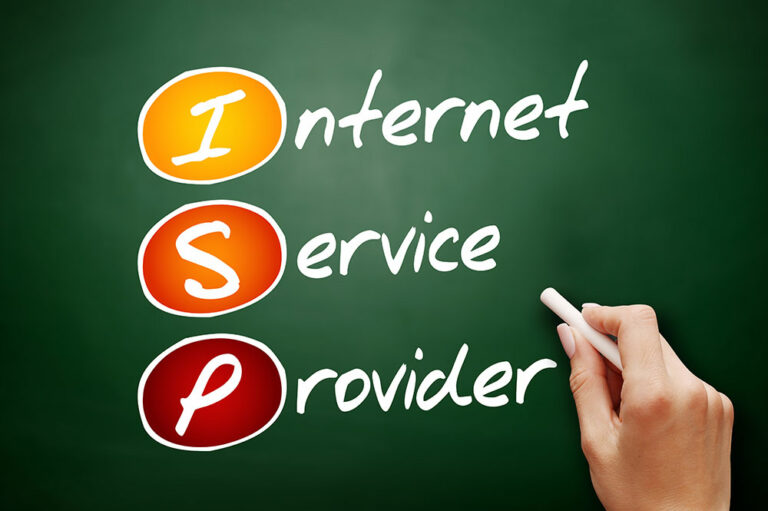6 mistakes to avoid when picking payment processing software

A payment processor software enables businesses of various sizes to accept multiple forms of cashless payment, including debit cards and e-wallets. A simple search on the Internet will yield hundreds of payment processor providers. While one may think a particular provider is ideal for the business, one might miss out on something important that could affect its effectiveness. To help, here are six common, avoidable mistakes people make when picking payment processor software.
1. Signing up for limited payment processing software
A business may eventually grow and, at times, fluctuate, where one will notice higher purchase requests. So, signing up for a merchant that offers limited processing service may restrict the number of monthly transactions, resulting in a loss. Therefore, one should seek a payment processor that lets them collect as much money as they need in a given month. Additionally, one should avoid merchants that require them to make a certain number of sales to avoid charges, especially if the business isn’t confident about it yet.
2. Not reading the fine print
An entrepreneur might pick the payment processor service provider that quotes the cheapest subscription rate for their service. However, the documentation often includes fine print that may include variable rates and processing fees, which might make it tedious to determine how much to pay each month. So, one must always read the provider’s terms and conditions before signing the contract.
3. Limiting the payment options
A common mistake when accepting cashless payments is limiting the payment options available to customers. Shoppers prefer multiple payment options, and a restricted list may cause them to refrain from purchasing. So, a business must offer the widest range of payment options and add new ones as they arrive.
4. Refraining from asking questions
Entrepreneurs shopping for payment processing software often end up with an option that is less than what they expected because they never asked the sales representatives any questions. One must remember to clarify minute details, such as translation costs, refund policies, length of the contract, and cancellation policies. Other questions to help better understand the software include enquiring about the payment processing timeframe into the business’ account, fraud protection options, PCI compliance, and other fees.
5. Overlooking security and fraud protection
A data breach can affect large and small retailers. Additionally, customers expect top protection to minimize their risk of card fraud. Therefore, when looking for vendors for payment processing software, one should check if they use a secure payment gateway. A business owner could also look for a provider that offers security services that let one proactively prevent fraud.
6. Not enquiring about customer support
Overlooking available customer support is a common mistake new and existing businesses make. For instance, after signing up for the software, a business might find it tedious to set up new or multiple payment options. There might also be glitches and failed payments at times. In either case, having exceptional customer support is essential for swift resolutions.










